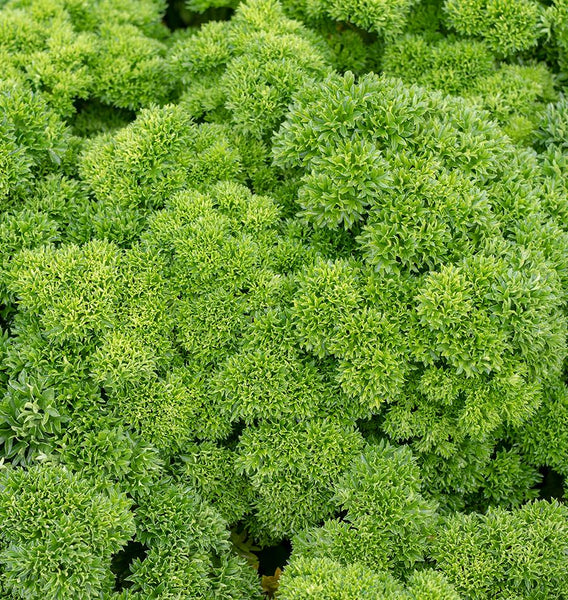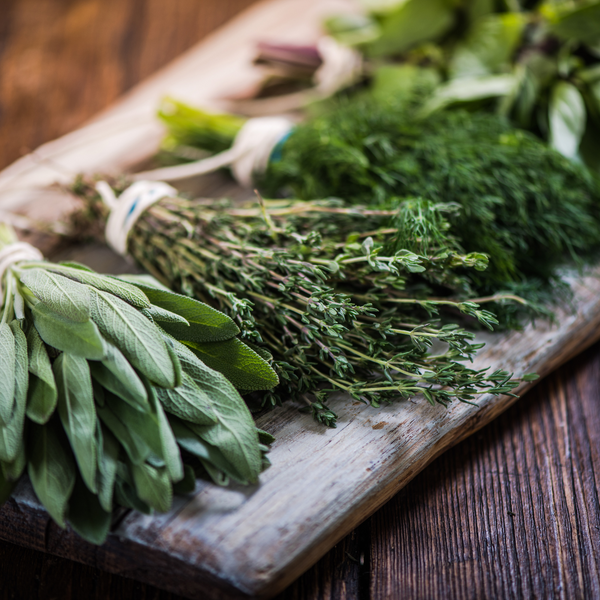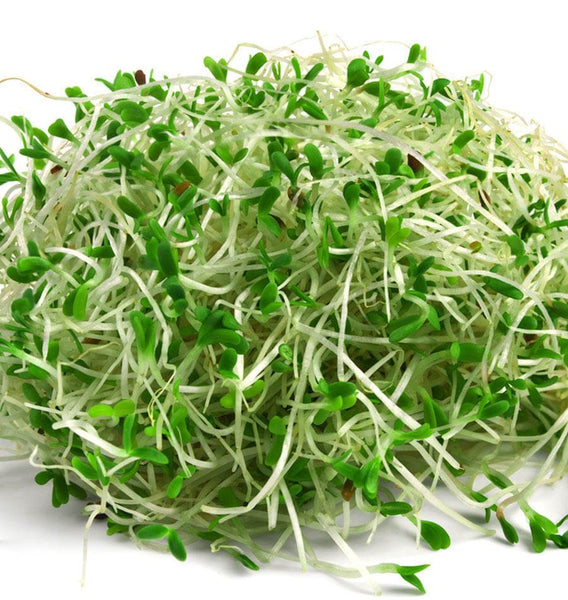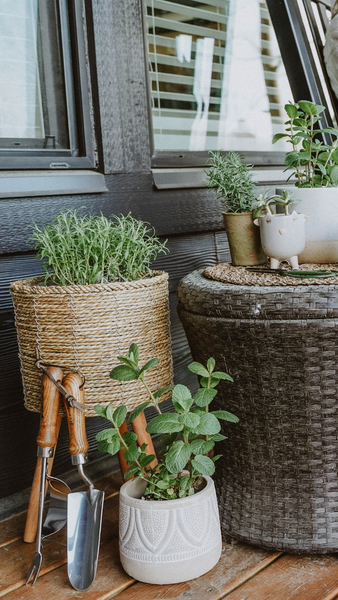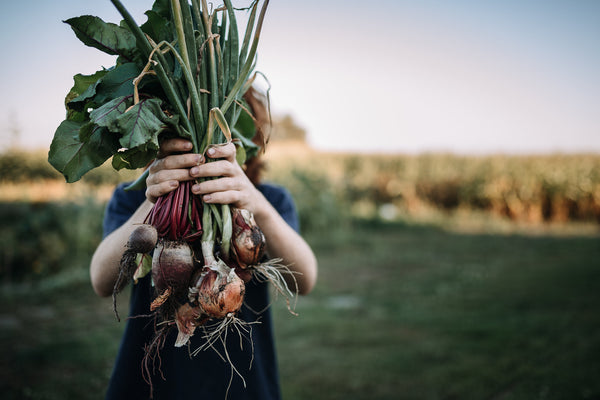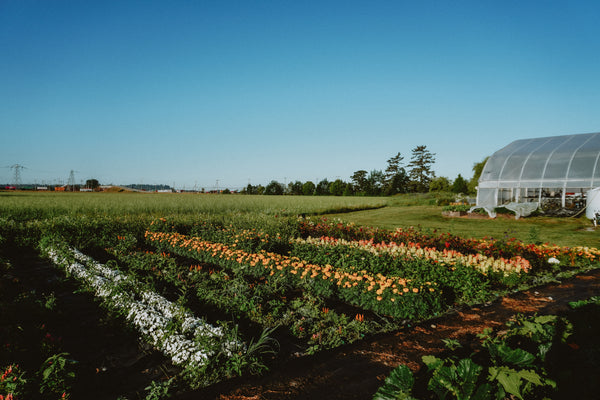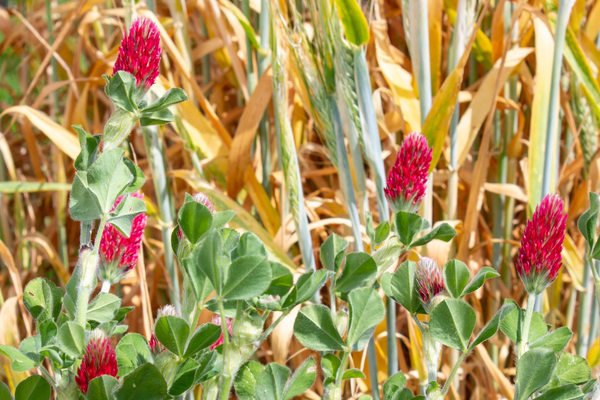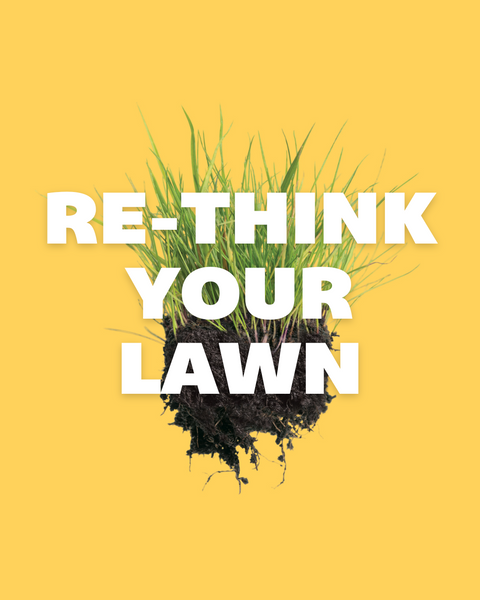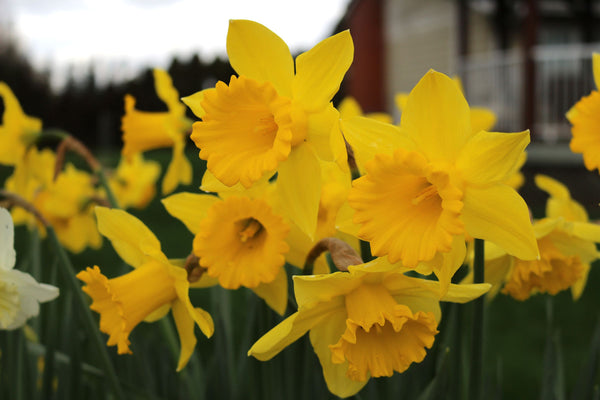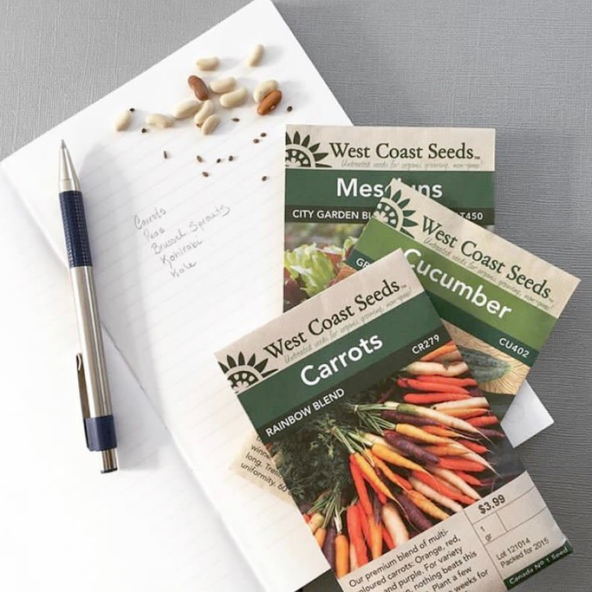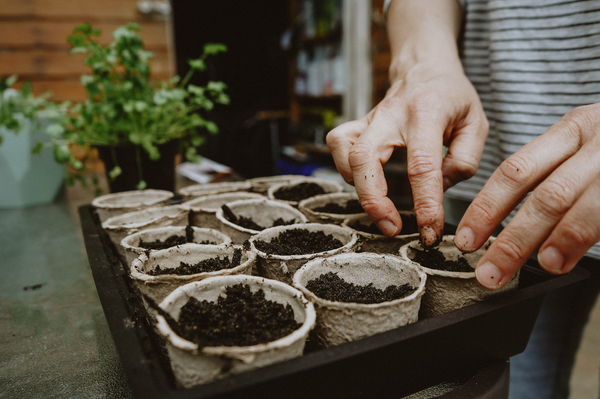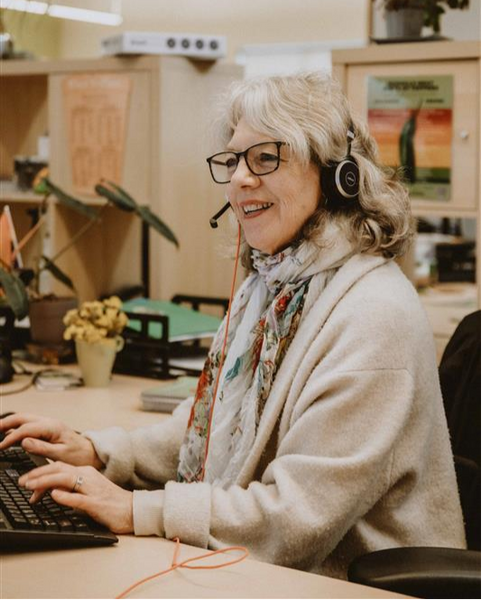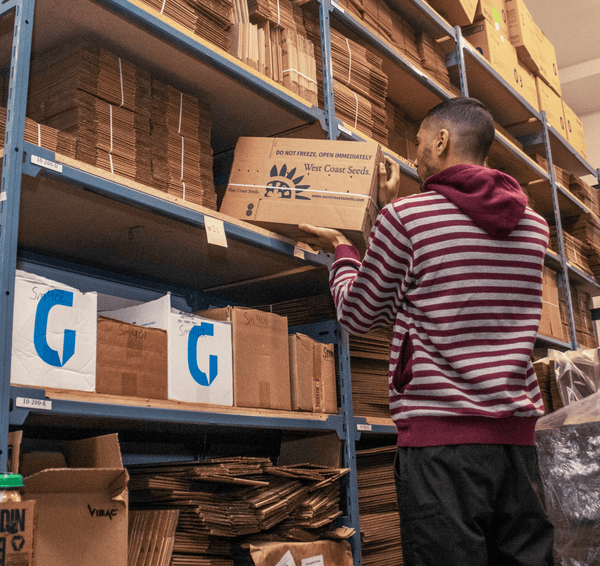I am an impact entrepreneur and a biologist. I truly believe in an inclusive society and in the empowerment of people as a key component to a healthy society and environment. I am the founder of Ciclomanias, a grassroots organization based in Calgary (Treaty 7).

For over ten years, Ciclomanias has supported the well-being of our communities by working in partnership with different stakeholders, including indigenous communities to incorporate traditional knowledge and hands-on learning programs, enabling sensory and cognitive development while implementing regenerative practices. Our program supports about 300 teachers, staff, parents and students from three K-12 indigenous schools located in Treaty 7.

In the last three years, I have focused on food security and building capacity within First Nations, particularly supporting their community and school gardens. Some of these communities rely on food bank donations and access to fresh food is difficult as some residents don’t have a vehicle or access to transportation. My goal is to address food insecurity while fostering community education on sustainable food production and strengthening the local food system, one-garden-at a time. A community garden in an indigenous community aims to be a safe space and a hub where not only elementary and high school students can interact but also any community member can participate.

Currently, some indigenous communities rely on food banks donations from nearby municipalities. Our goal through this program is to serve Indigenous Peoples by strengthening the local food system and supporting community education on sustainable food production and regenerative ecological practices based on traditional knowledge.

Gardening is a great example of a closed loop system and a valuable way to use organic waste to grow vegetables, flowers and herbs while diverting waste from the landfill, reducing GHG emissions, regenerating soil, and providing a physical activity which connects young minds with nature.

During the last three years, we have focused on growing edibles and to plant native species in indigenous community gardens. This is also a great opportunity to connect Elders with young minds to learn about medicinal and edible native plants, and connect with the land.


